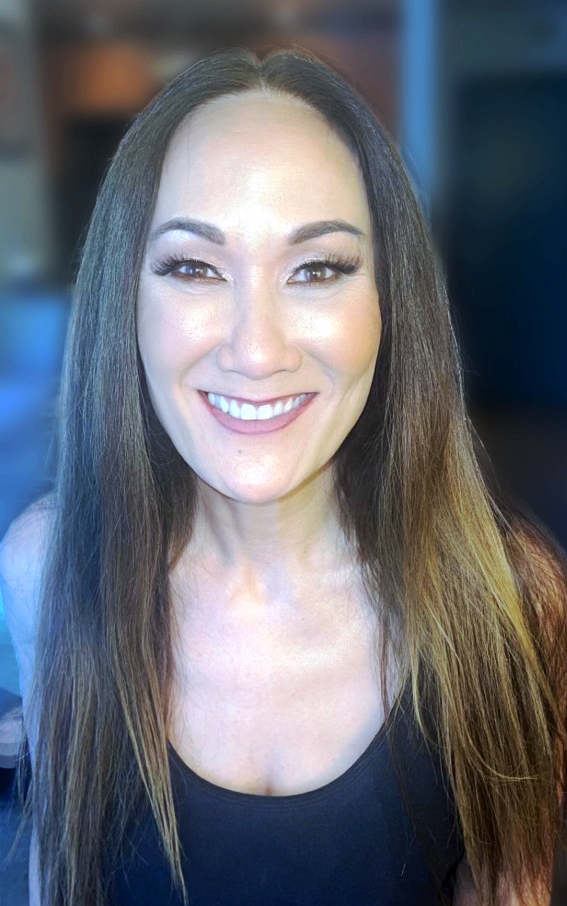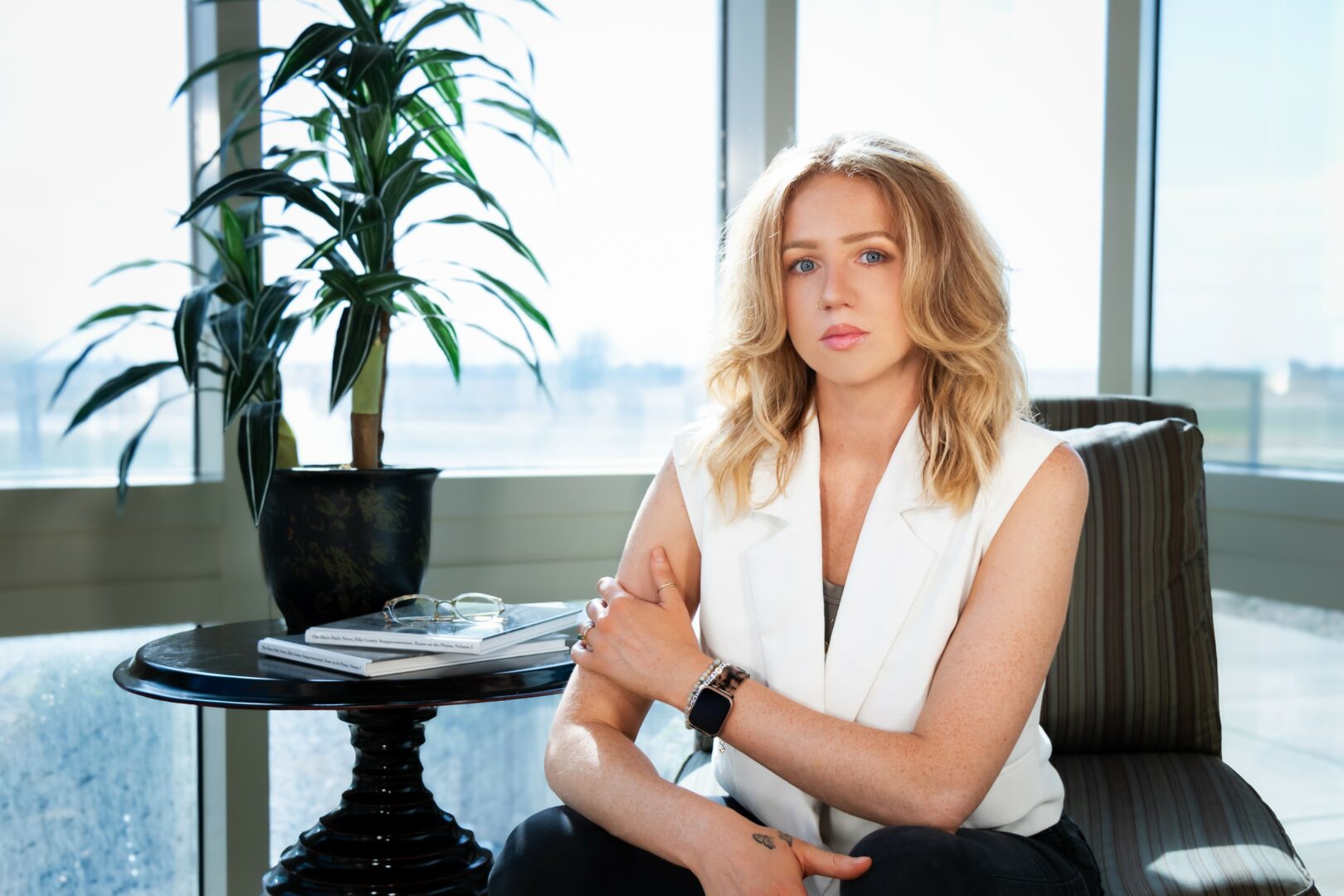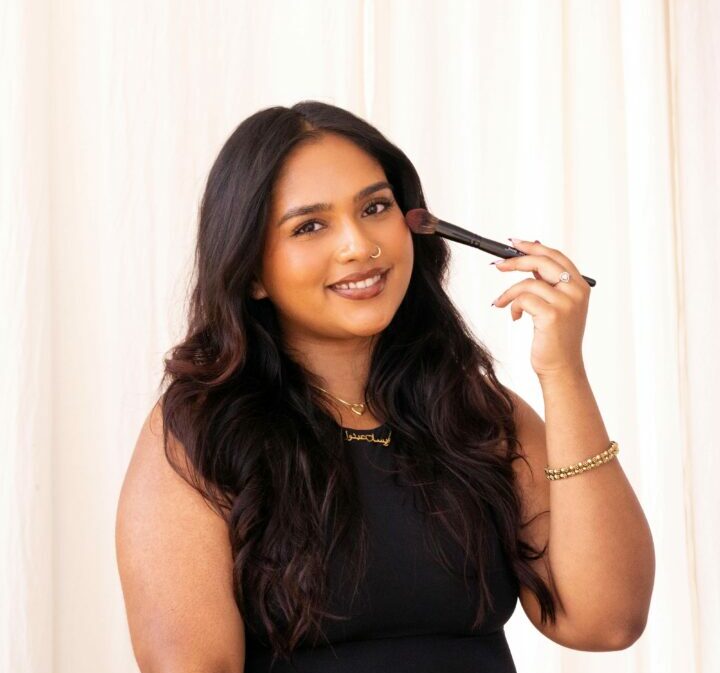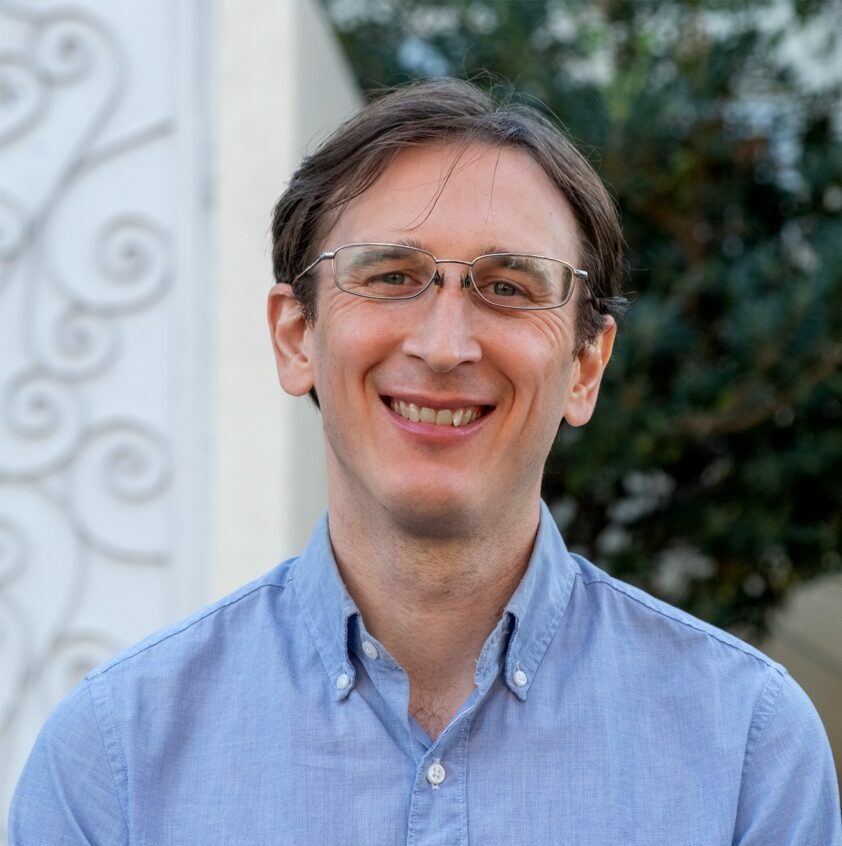We recently had the chance to connect with Alicia Doyle and have shared our conversation below.
Alicia , so good to connect and we’re excited to share your story and insights with our audience. There’s a ton to learn from your story, but let’s start with a warm up before we get into the heart of the interview. What makes you lose track of time—and find yourself again?
There was a time in my life when fear nearly swallowed me whole. My fists, my will, and eventually my heart found salvation in boxing—this sport that demanded everything of me, but gave back more than I could have ever imagined. Boxing carried me to championships, to victories that made me a two-time titleholder in the ring. And it carried me to the page, where I put my life into words in Fighting Chance—a book that went on to win three literary awards. Behind each of those wins, in and out of the ring, was the same truth: boxing gave me a way to rise above pain and reclaim my power.
That’s why the fitness studio at the Simi Valley YMCA feels like a sacred ground. It’s where I coach youth and teens, and where I lead adults through their own battles on the bag. Minutes melt away here—as if time itself is absorbed by the sweat, the laughter, and the relentless drive of people who dare to believe in more for themselves. I watch as shy kids uncover courage with every jab, and weary adults peel off the day’s heaviness one punch at a time. Their victories—small to them, monumental to me—fill me in a way no championship belt ever could.
I teach, yes, but in truth, I am learning in every class: learning what resilience looks like in all its forms, learning the countless ways people reinvent themselves when they refuse to quit. The studio has become the place where fear transforms into fuel, where brokenness reshapes into strength. It is where I see again and again what I first discovered in my own fight—that we are always capable of going one more round, even when everything inside us screams otherwise.
Why boxing? Because it strips life down to the essence of survival. Mind sharp. Body strong. Spirit alive. It teaches us that inside every struggle—whether in the ring or in life—lies the possibility of victory. And in guiding others toward that truth, I continually find myself. Every combo thrown, every glove laced, every student’s triumph is a reminder: we are all fighters, and we are all worth the fight.
Can you briefly introduce yourself and share what makes you or your brand unique?
I am Alicia Doyle, a two-time Golden Gloves boxing champion whose journey through the ring was as much about fighting for respect as it was about winning titles. Starting boxing in the late 1990s, at a time when women barely infiltrated this male-dominated sport, I earned the ring name “Disaster Diva” and won two Golden Gloves championships along with three knockout victories. At age thirty, my pro debut was honored as the California Female Fight of the Year. Boxing taught me resilience and courage: “Boxing wasn’t about fighting in the ring. It was about fighting my self…knocking out my inner demons of the past, facing my memories in the eye, and remaining fearless no matter how much they frightened me.”
I translated that fighting spirit into my writing. My first book, Fighting Chance, is a memoir that shares my life’s battles and triumphs, serving as inspiration for readers who face their own struggles. One of the most memorable lessons from the book is: “With a defeat, when you lose, you get up, you make it better, you try again… you really have to take that to heart and really do never definitely give up. Keep trying.”
I am also the author of The Oath, a nonfiction novel about Flo Trapani, one of the pioneering female police officers in 1980s Simi Valley. Flo’s story is heartbreakingly powerful—a tale of courage and betrayal as she faced hostility in a world where women officers were seen as anomalies. Her journey into forced retirement and the fight for justice speaks to a painful reality of sacrifice and resilience: “Imagine having a vision of your future—a life mapped out… But what happens when the vision of your destiny changes due to unforeseen circumstances… would you walk away and start over?”
Currently, I am deeply engaged in writing my third book, The Forsaken, which tells the chilling, emotional story of the 1978 murders of Rhonda and Donnie Wicht in Simi Valley. Rhonda, a young mother, and her four-year-old son, Donnie, were brutally taken from this world, a tragedy that led to the conviction of Craig Coley, who was imprisoned for decades before DNA evidence freed him. This story is close to my heart, especially because Rhonda’s sister, Shelley Hamilton, reached out to me, seeking to shed light on the injustice that shattered their family and to share the pain of a relentless search for truth and justice. Through this work, I aim to honor Rhonda and Donnie’s lives and the enduring hope for closure in their memory.
My writing is a continuation of the fight I began in the ring—bringing light to stories of hardship, strength, and the human spirit’s capacity to endure.
Thanks for sharing that. Would love to go back in time and hear about how your past might have impacted who you are today. What did you believe about yourself as a child that you no longer believe?
As a child, I believed I was invisible—too small, too uncertain, and too insecure to ever truly matter. I was the quiet kid who shrunk into the background, convinced my worth was measured by how little space I took up. I thought my voice was too soft to be heard and my dreams were too big to be real. Each day felt like an internal battle, where the loudest opponent was the doubt inside my own mind. When I looked in the mirror, I wondered if I was enough, if I could ever be enough.
Then boxing entered my life and everything shifted. The first time I wrapped my hands and slid on those gloves, I felt a spark, a powerful declaration that I belonged in the fight—not against others, but for myself. Boxing gave me back a power I thought I never had. It showed me that strength isn’t the absence of fear; it’s the courage to face that fear head on. Every punch I threw felt like I was breaking pieces of the past that held me down.
At a time when few women stepped into this male-dominated sport, I fought not only my opponents but the insecurities that once ruled me. Winning two championship titles wasn’t just about the belts—it was proof that the girl who once doubted herself had grown into a woman bold enough to claim her space. In that world, I wasn’t just fighting for victory. I was fighting for every girl who felt unsure, reminding her that power lives inside her reach, waiting to be claimed.
Boxing changed more than my body; it altered my very soul. That scared little girl became a warrior who stands tall in her own skin, fierce and unbreakable. I no longer believe the lies I once told myself. I believe in the strength I carry, in the fight I’ve lived, and in the chance I never stopped taking: the chance to be unapologetically me. This is my truth, and if it can inspire even one person to claim their own power, then every fight has been worth it.
What have been the defining wounds of your life—and how have you healed them?
The defining wounds of my life have been the deep cuts of feeling unseen, unheard, and unsure of my own worth. Growing up, those invisible wounds—the insecurities whispering that I was less than, that my voice didn’t matter, and that I wasn’t strong enough—left scars only I could feel. In my nonfiction book, Fighting Chance, which has been honored with three literary awards, I wrote candidly about those moments:
“I carried a quiet ache, the kind that lives beneath the surface, shaping who I thought I could be until I found the courage to rewrite that story.”
Healing began the moment I stepped into the boxing ring. Every jab, every punishing round was like a stitch sewing me back together. The ring became more than a place to fight—it became my sanctuary where I could face my pain and doubts head on. Boxing taught me that wounds can become sources of strength if you meet them with honesty and courage. As I share in Fighting Chance:
“Vulnerability is not weakness; it is the fiercest act of bravery. To show up broken and keep fighting—that is how healing begins.”
Winning championship titles was a milestone, but true healing came when I learned to forgive myself for doubting my worth and for hiding behind fear. I healed by standing tall in my own skin, refusing to let those wounds define me. I wrote about this transformation:
“The scars I carry aren’t signs of defeat—they are proof of survival, badges I wear proudly as reminders of my hard-fought journey.”
Today, I carry those wounds not as burdens, but as reminders of resilience and hope. Fighting Chance is more than my story; it is a testament that healing is not a destination but a courageous journey. Every punch thrown, every page written, is a step toward reclaiming power, voice, and life. My story proves that no matter how deep the wounds, healing is possible—and from that healing, a warrior is born.
Alright, so if you are open to it, let’s explore some philosophical questions that touch on your values and worldview. What’s a belief or project you’re committed to, no matter how long it takes?
One belief I am deeply committed to, no matter how long it takes, is the pursuit of truth and justice for those who have been wronged and forgotten. This commitment is embodied in my current project, my third nonfiction book, The Forsaken, about the murders of Rhonda and Donnie Wicht.
On November 11, 1978, 24-year-old Rhonda and her 4-year-old son, Donnie, were found brutally murdered in her small apartment. Rhonda had been beaten, strangled, and sexually assaulted, while precious Donnie was suffocated in his bed—silenced forever, a witness taken from the world before he could understand what was happening around him. Their lives were stolen in a violent act that left a community shattered and desperate for answers.
Shelley Hamilton, Rhonda’s sister and Donnie’s aunt, has carried the weight of this loss with fierce determination and unyielding hope. For decades, Shelley has been on a relentless quest for justice—a search not just for legal closure but for the truth about what happened to her beloved family. The pain of unanswered questions and the shadow of injustice have fueled her fight, and it was Shelley’s call that brought me into this story, asking me to bear witness through my writing in The Forsaken.
The details of that night reveal a horror so deep: the apartment was staged to look like a robbery, but it was clear the violence was personal and brutal. Neighbors heard the struggle early in the morning, and the brutal silence that followed echoes in the hearts of those who remember. The fact that Donnie was suffocated speaks to the cruel intention to keep him from revealing the horror he inevitably witnessed. Shelley’s ongoing fight to keep their story alive is a testament to love, resilience, and a refusal to let Rhonda and Donnie be forgotten.
This project is my commitment to Shelley and to the memory of Rhonda and Donnie—to tell a story that honors their lives, confronts the haunting truth, and pushes for the justice that has remained elusive for far too long. It is a story of loss and pain, but also of unwavering hope—and no matter how long it takes, I will stand alongside Shelley in this search for justice and truth.
Okay, we’ve made it essentially to the end. One last question before you go. What is the story you hope people tell about you when you’re gone?
The story I hope people tell about me when I’m gone is one of resilience, courage, and unyielding honor—a story of someone who faced life’s toughest battles with both fists and words, never backing down. As a two-time Golden Gloves champion, I learned early that strength isn’t just physical; it’s the ability to confront adversity head-on, whether inside the ring or in the stories we choose to tell the world. That same spirit has guided me through my journalism, fueling a drive to give voice to the silenced and truth to the unspoken.
My books Fighting Chance and The Oath embody this fighting spirit. Fighting Chance is more than a memoir—it’s a testament to the power of perseverance through hardship, inspiring readers to find their own strength in times of struggle. The Oath dives deep into the complexities of loyalty and justice, challenging readers to question the costs of silence and the courage it takes to stand up for what’s right. I’ve been humbled by the many who’ve told me these stories gave them hope, sparked their own courage, or pushed them toward a chance at redemption.
Currently, I am working on my third nonfiction book, The Forsaken, which tells the harrowing story of the 1978 murders of Rhonda and Donnie Wicht. This project is deeply personal, born from a powerful connection with Shelley Hamilton, Rhonda’s sister and Donnie’s aunt. Shelley reached out to me, trusting me to share their story in her ongoing search for justice and to keep the memories of Rhonda and Donnie alive. Through this work, I hope to shine a light on the forgotten, inspire a renewed commitment to truth, and honor the enduring love of family seeking closure.
Ultimately, I want to be remembered as someone who never let fear define her; who used every platform available—whether leather gloves or a pen—to demand honesty, fight for justice, and inspire others to believe in the power of their own story. That’s the legacy I hope lives on: a testament to fighting for a chance—not just for myself, but for all of us.
Contact Info:
- Website: https://aliciadoyle.com/
- Instagram: alicia_doyle_author
- Linkedin: https://www.linkedin.com/in/alicia-doyle-a79bba2/
- Facebook: https://www.facebook.com/aliciadoyleboxerauthor/
- Youtube: https://www.youtube.com/watch?v=0dnqYDmV1EI
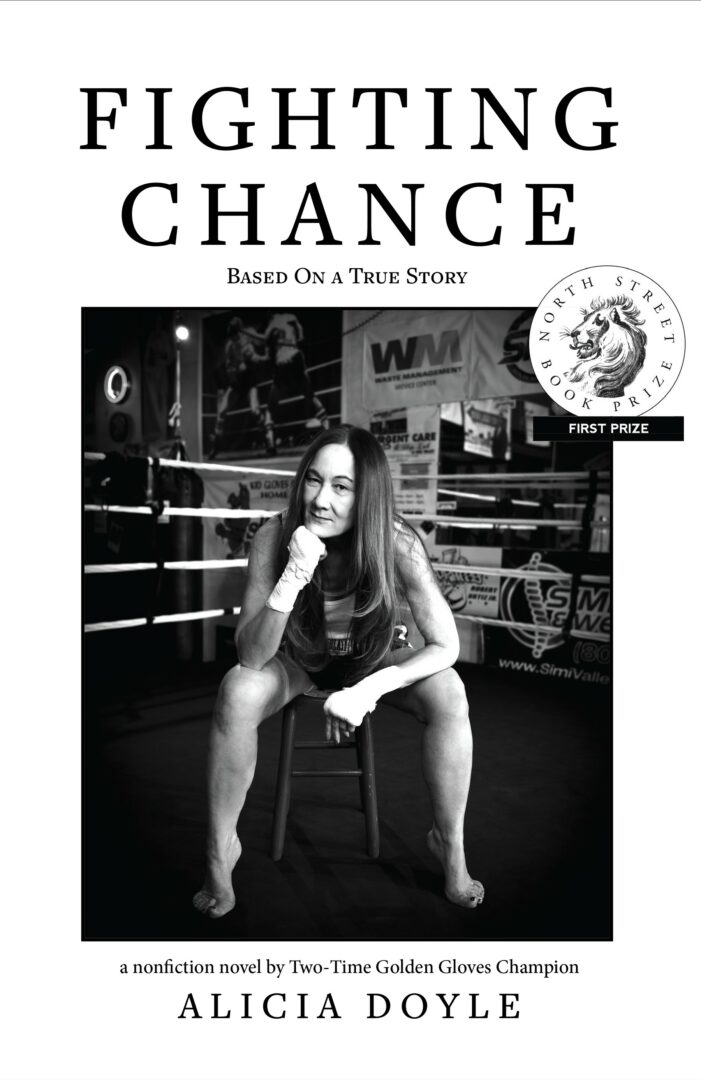
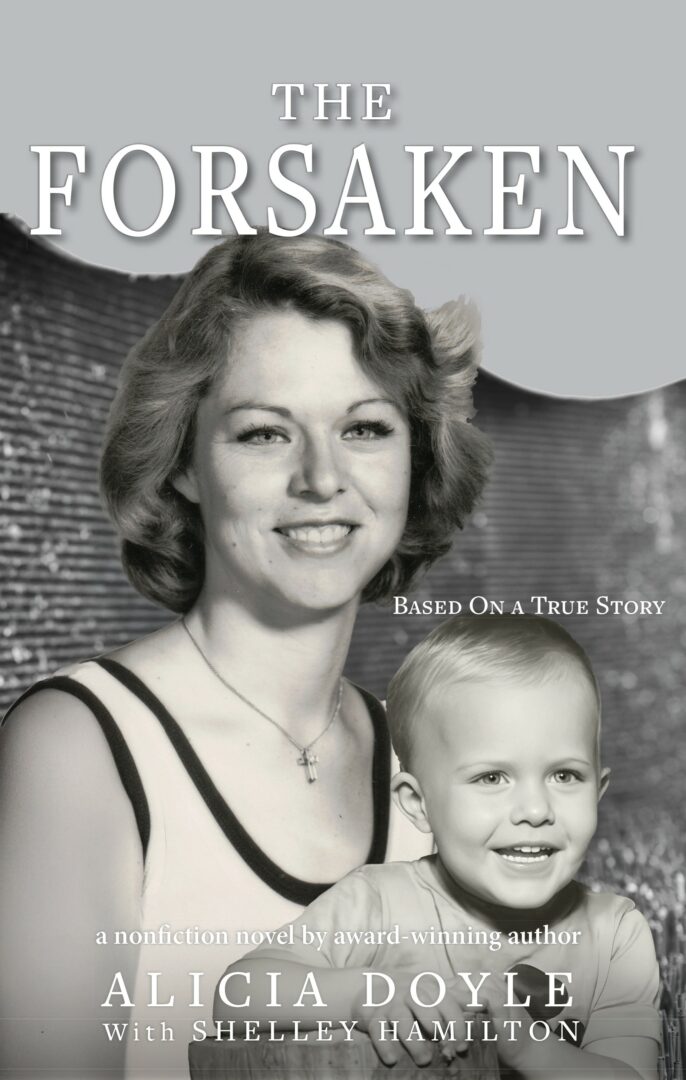
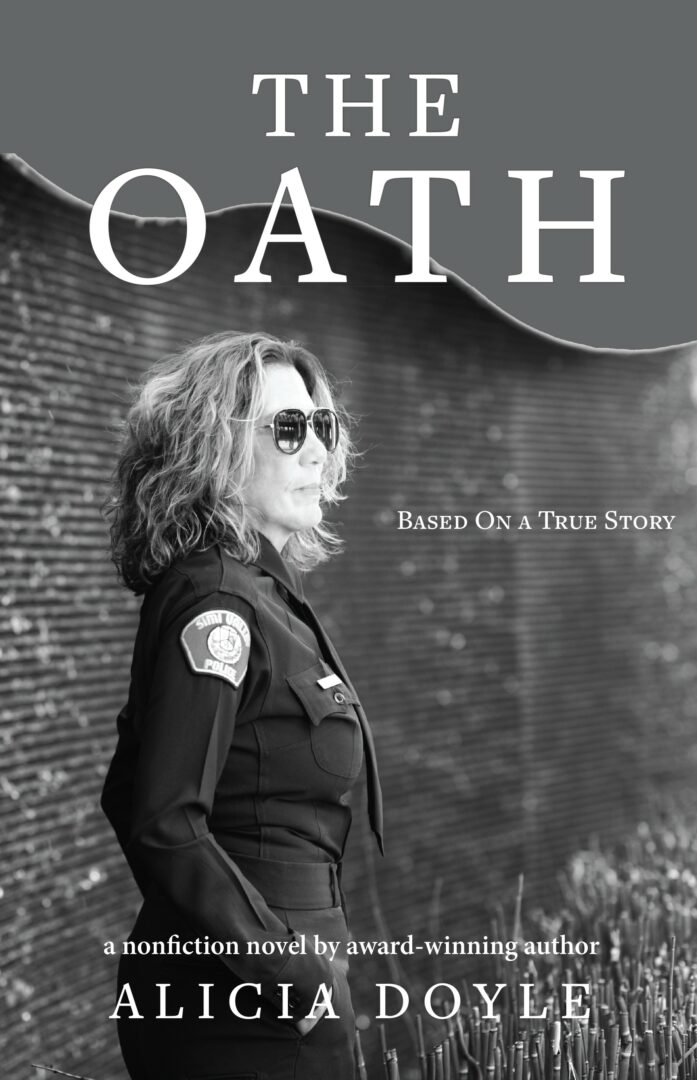
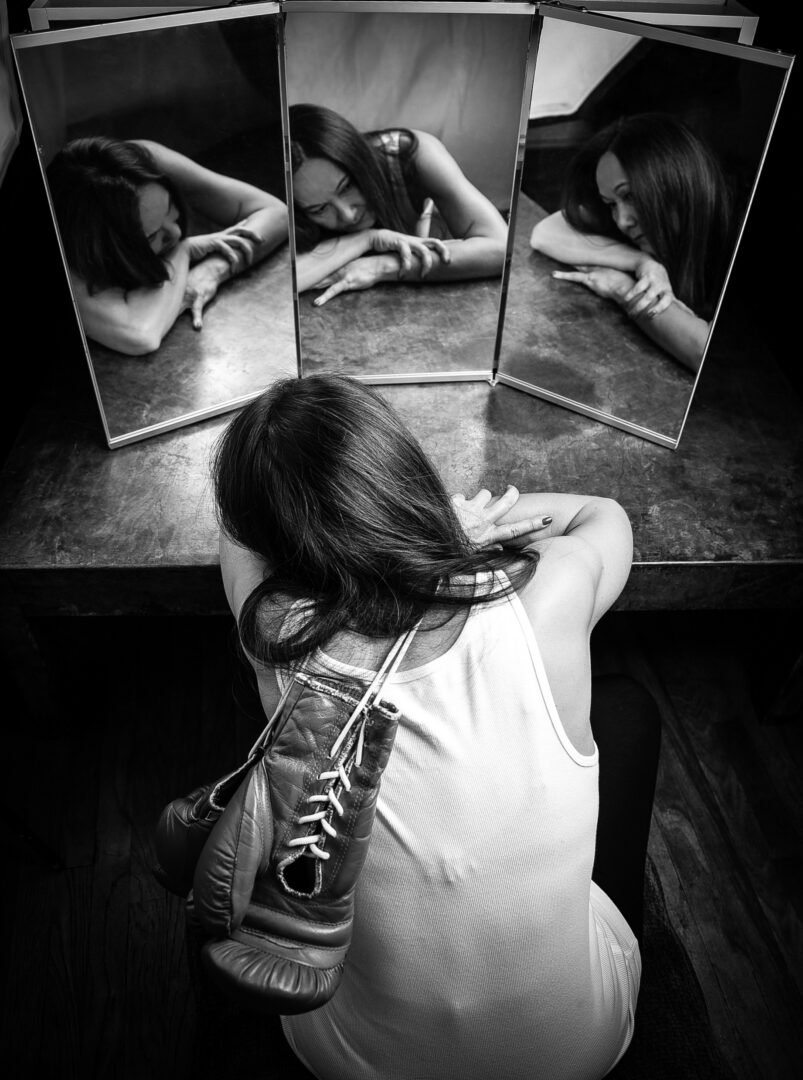
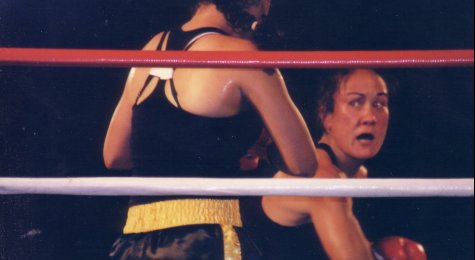
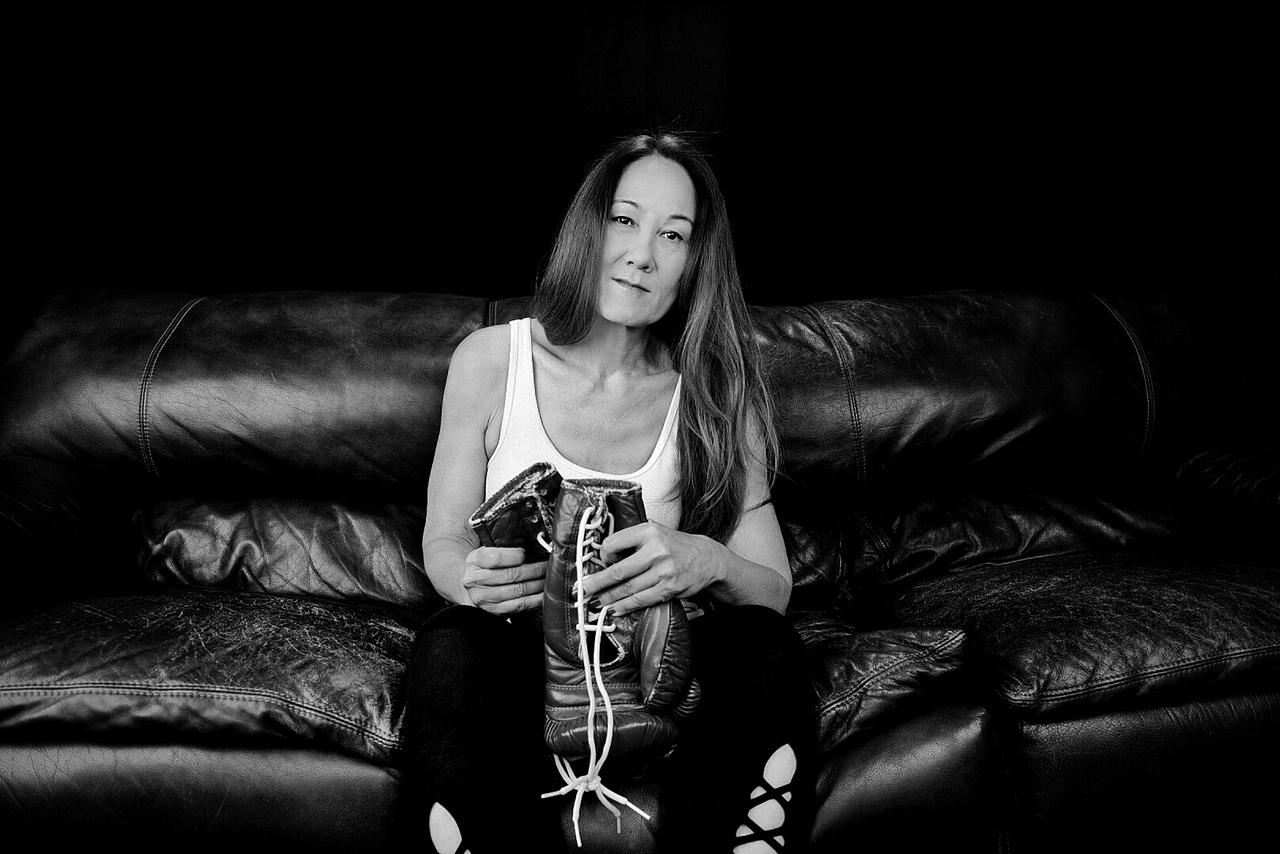
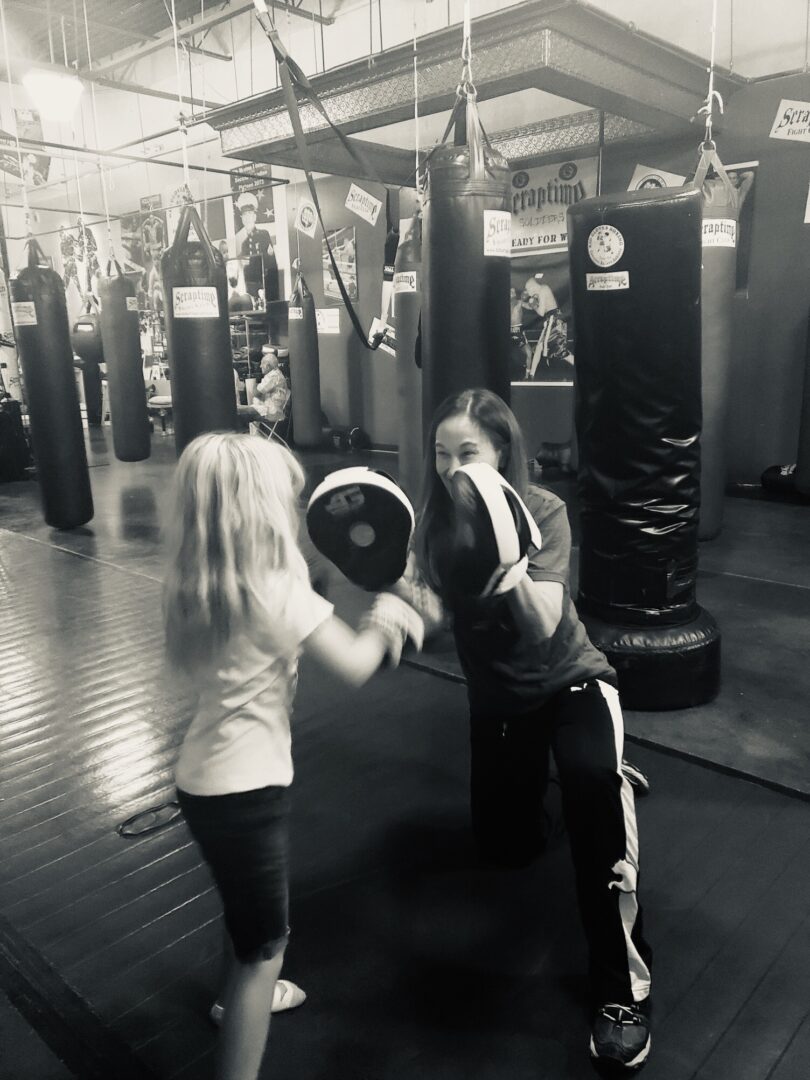
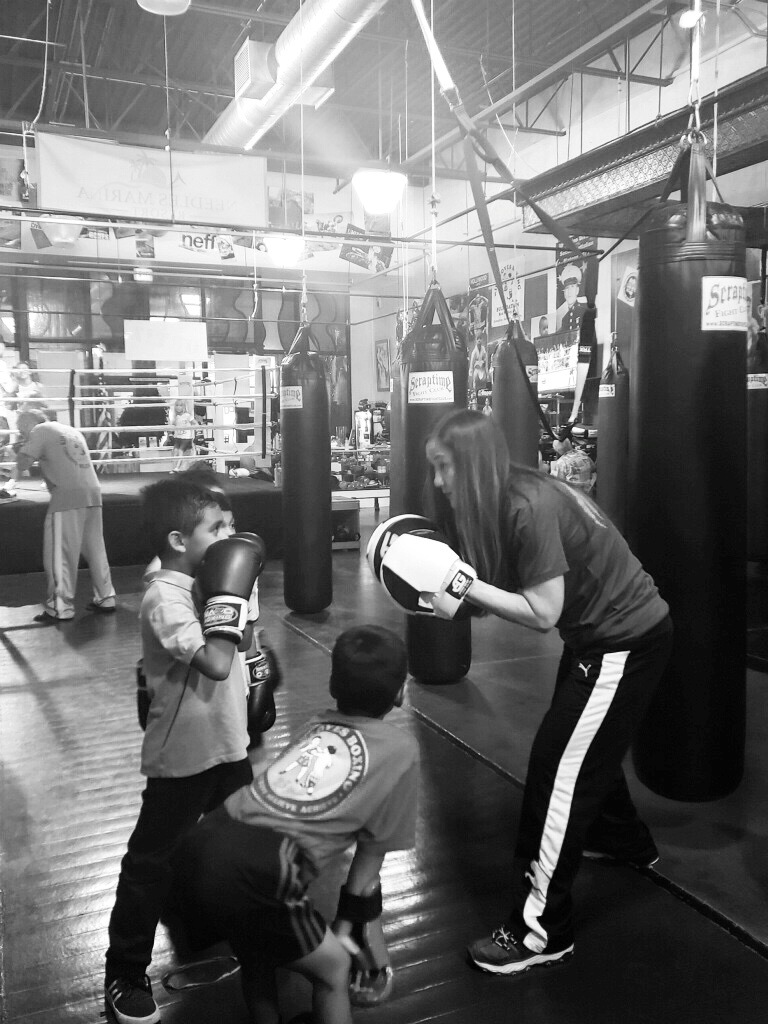
so if you or someone you know deserves recognition please let us know here.

